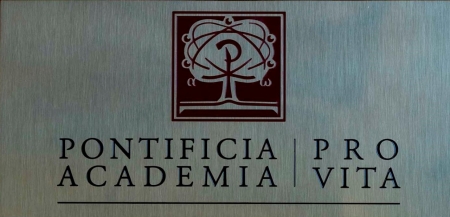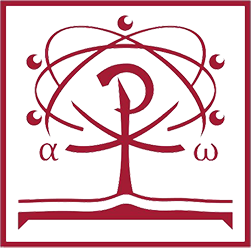ALS & Multiple Sclerosis Research

On June 20, 2024, at Piazza San Calisto in Rome, the Pontifical Academy for Life hosted a conference to discuss potential treatments for Amyotrophic Lateral Sclerosis (ALS) and Multiple Sclerosis (MS) with brain stem cells. In attendance were Hon. Orazio Schillaci; Minister of Health, Dr. Giovanni Pavesi; Administrative Director of the Italian Medicines Agency, Monsignor Vincenzo Paglia; President of the Pontifical Academy for Life, Archbishop Franco Moscone; President of the Casa Sollievo della Sofferenza Foundation, Dr. Gino Gumirato; Director of IRCCS Casa Sollievo della Sofferenza di San Pio, and lawyer Gaetano Tasca; President of the Revert Onlus Foundation. The speakers at the conference included Prof. Angelo L. Vescovi, Scientific Director IRCSS Casa Sollievo della Sofferenza and President of the National Bioethics Committee, Prof. Letizia Mazzini, Director of the SCDU Neurology of the University Hospital of Novara, and Andrea Caffo, the patient representative.
ALS is a neurodegenerative disease that affects the patient’s motor neurons that are responsbile for muscle control. Patients initially experience weak and stiffened muscles in their limbs and problems with eating or speaking. The disease progresses for typically 3 to 5 years before total paralysis and respiratory-related death. ALS typically affects men slightly more frequently than women, and the genetic linkage is unclear. Symptoms generally begin anywhere between 20 and 40 years of age.
MS is also a neurodegenerative disease where the immune system attacks the myelin, a protective sheath surrounding the nervous system fibers. This disrupts the transmission of electrical signals in the brain and spinal cord. As a result, there may be various brain, motor, sensory, and cognitive disorders. The progression of the disease depends on the patient and varies greatly.
At the conference, two new treatments for ALS and MS were presented that require cerebral stem cell transplantation. The results of a Phase 1 clinical trial for secondary progressive MS and the beginning of the Phase 2 trial for ALS were discussed. The research of Prof. Angelo L. Vescovi has shown that cerebral stem cell transplantation can normalize the patient’s pathophysiological state through the release of trophic and anti-inflammatory substances.
Dr. Leonardo’s team, under Prof. Letizia Mazzini, has conducted two brain stem cell transplants on patients and will be conducting the third transplant this July. This was possible because the prior research produced under Prof. Vescovi showed that stem cell transplantation into the spinal cords of ALS patients could be successful. Intracerebral stem cell transplantation procedures are being tested for their effectiveness using surgery. A catheter will inject brain stem cells directly into the patient’s cerebral ventricles.
The Phase 2 research will use a triple-blind procedure on the patients, doctors, and statisticians. One group of patients will be given a placebo injection, the second group will receive 20 million brain stem cells, and the third group will receive 40 million stem cells. Researchers are attempting to find the correct dosage of brain stem cells for the procedures. The brain stem cells are sourced from fetuses who died of natural causes and donated through a similar process to voluntary organ donation so that ethical values remain intact.
(Summary by Grace Karmazin-Schneider, University of Notre-Dame Rome)



